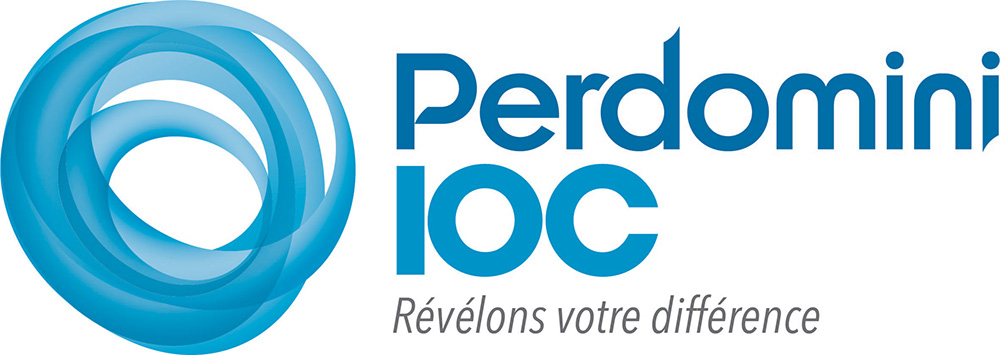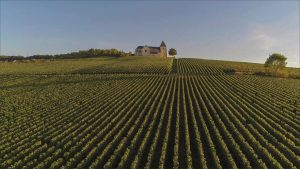The use of the pesticides commonly found in vineyards is governed by laws aimed at protecting all the players in the wine chain, including the end consumer. However, despite these regulations, a certain amount – which varies in terms of numbers and quantities – of pesticides always end up in the finished product.
The main regulation currently in force in the European Union is Reg (EC) n. 396/2005, which lays down the MRLs (Maximum Residue Limits for pesticides). When a particular active principle isn’t covered by this Regulation, it is automatically assigned an MRL below 0.01mg/kg.
While on the one hand the legal limits are pretty clear, it happens more and more often that Mass Market Retailers (MMR) request even lower pesticide residue levels when negotiating with producers. Some retailers lay down 0.10mg/kg as the total of active principles and/or maximum thresholds of 4-5 as the number of different active principles found in the wine.
Despite the fact that alcoholic fermentation can naturally reduce some active principles as it progresses (although it has no effect on others), and that the additives generally used in winemaking also reduce the concentration of certain active principles, at Perdomini-IOC we’ve responded to our customers’ requests by developing two products specifically for pesticide reduction.
Blended product designed to reduce a broad spectrum of pesticides in the must or wine. |
|
Absolute MV, FIG.1 Test conducted on Trebbiano white wine with the addition of a cocktail of pesticides, after treatment with 20g/hl, at 1h and 24h contact time.
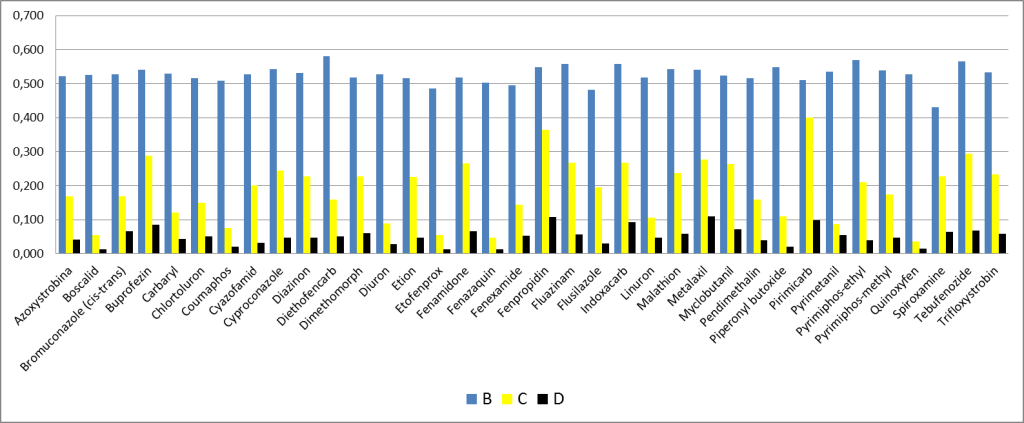
Column B control, Column C treatment after 1h, Column D treatment after 24h. Absolute MV reduces the total quantity of pesticides by 64% after 1h and 90% after 24h of treatment.
Absolute MV, FIG.2 Test conducted on white must after treatment with 20/50/100g/hl, contact time 10h.
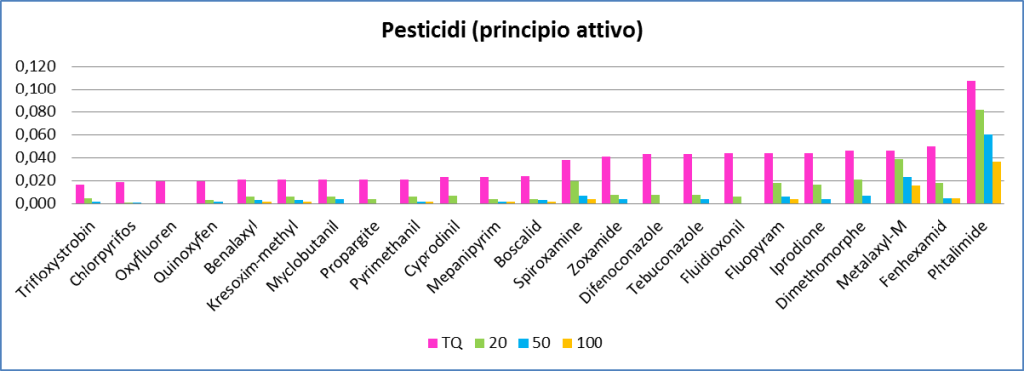
The test shows a reduction in pesticide levels after treatment amounting to 63% with a dosage of 20g/hl, 82% with 50g/hl and 90% with 100g/hl of Absolute MV.
Absolute MV, FIG.3 white must treated during fermentation following the addition of a cocktail of pesticides, with 20g/hl and 80g/hl of Absolute MV.
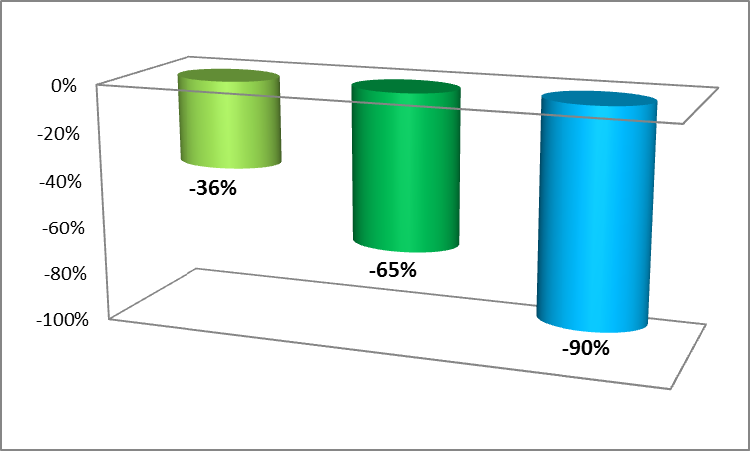
As can be seen from the diagram, alcoholic fermentation without the use of Absolute MV reduces the total quantity of pesticides in the must by 36%, while dosages of 20 and 80g/hl of Absolute MV reduce the quantity by 65% and 90% respectively.
Absolute SP, FIG.4 base wine for Prosecco treated with 20g/hl of Absolute SP for 24h (Fungicides active principles). Percentage reduction in active principles after treatment.
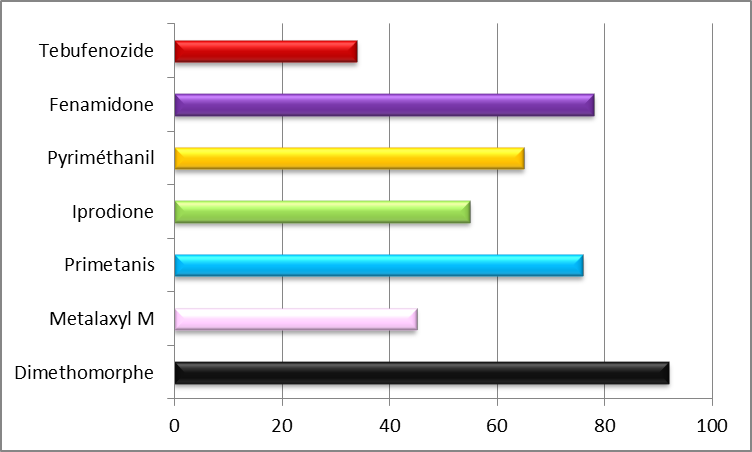
Want to know more? Contact the Perdomini-IOC technical staff or the area agent closest to you
and try our range of products for pesticides reduction




